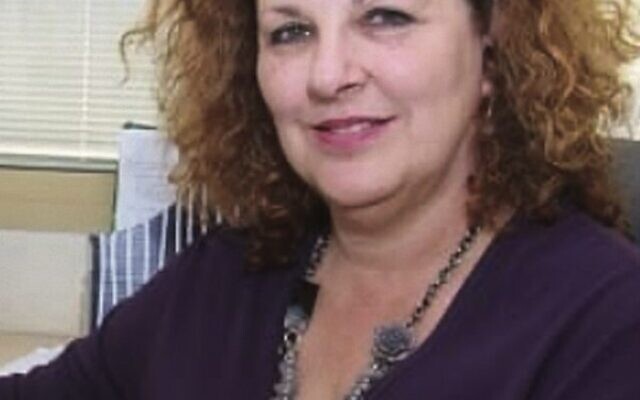Medical collaboration
Sheba Medical Centre and the Murdoch Children's Research Institute are trying to identify novel genetic causes of RTT to aid diagnosis and potentially pave the way for identifying therapies.
Israel’s Sheba Medical Centre is joining forces with the Murdoch Children’s Research Institute (MCRI) to strike a blow against Rett syndrome (RTT), a disorder that affects around one in 10,000 young girls.
Symptoms of the debilitating disease develop over time in children who seem healthy during their first six months of infancy but progressively lose intellectual functioning and fine and gross motor skills, experience deceleration of head growth and suffer stereotypic loss and coordination of hand movements at six-to-18 months of age.
MCRI’s Brain and Mitochondrial Research Group, including Professor John Christodoulou, Dr Simranpreet Kaur and Dr Nicole Van Bergen, are collaborating with the team of expert clinicians from Sheba Medical Centre, Professor Bruria Ben-Zeev and Dr Gali Heimer of the Paediatric Neurology Unit at Safra Paediatric Hospital.
They are seeking to identify novel genetic causes of RTT and other related neurodevelopmental disorders.
Ben-Zeev, Heimer and Christodoulou have a longstanding collaborative relationship, and are now trying to identify novel genetic causes of RTT to aid diagnosis and potentially pave the way for identifying therapies.
In a bid to identify new genetic causes of RTT and related neurodevelopmental disorders, the researchers are using next-generation sequencing technology to search for new Rett genes. Identifying common pathways between these genes could provide groundbreaking therapies for girls with RTT and for their families.
Noting Sheba Medical Centre’s leading role in researching RTT, Idan Goldberger, executive director of Australian Friends of Sheba Medical Centre, said, “This important collaboration with MCRI represents the great effort of a world’s top-10 hospital, to work hand-in-hand with the Australian healthcare ecosystem, and joins other highly impactful collaborations. In Sheba Medical Centre, health and hope have no boundaries.
“Future research, beyond the scope of this project … could include the development of induced pluripotent stem cells to generate neuronal cell models for more detailed functional studies,” he said.


comments